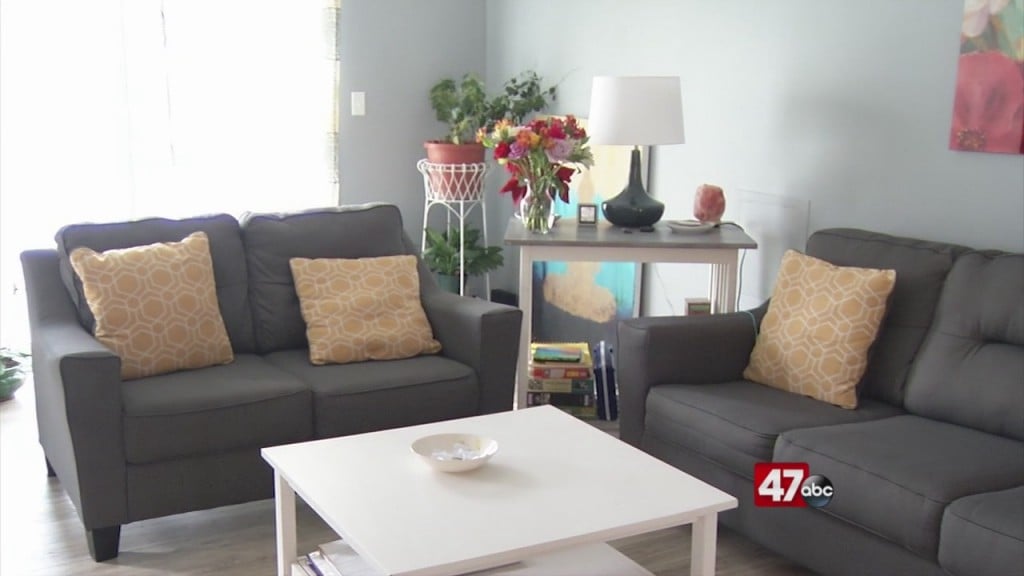TidalHealth official advocates for more trauma center funding on study commission
SALISBURY, Md. – Maryland’s Commission to Study Trauma Center Funding is getting to work. And, these efforts couldn’t come at a better time for TidalHealth Peninsula Regional Hospital.
Trauma Center Funding “Absolutely Not Adequate”
The trauma center only receives about 10% in state funding of its total operation cost. That funding model hasn’t changed in about 20 years.
“That funding gives $12 million to the many trauma centers in the state – the level ones and the level twos – and it is absolutely not adequate to help to subsidize the care that we have to provide,” said Senior Vice President and Chief Medical Officer for TidalHealth, Dr. Trudy Hall.
A Seat at the Table
Dr. Hall has been appointed to that commission, and is now advocating for TidalHealth’s trauma center.
“TidalHealth, as well as myself, were on the forefront of asking for this trauma commission. Senate Bill 495 was supported by our local legislators out here on the Eastern Shore, as well as our TidalHealth leadership,” Dr. Hall said. “We were the ones to say that this system is 20 years old, it hasn’t been looked at. And, especially coming out of the pandemic, there are significant financial challenges that are facing all hospitals in the country; much less those in Maryland, and even more on the Eastern Shore.”
Not Just an Eastern Shore Issue
The reason why making sure TidalHealth’s trauma center gets equitable funding is so crucial, says Dr. Hall, is because it’s the only one on the Eastern Shore of Maryland.
“We get residents from the entire state, especially through the months of June through September. So, this is not just an Eastern Shore care issue, or health care access issue; it pretty much is a health care access issue for the entire state of Maryland,” said Dr. Hall.
Without the trauma center, patients would face hours-long ambulance rides across the Bay Bridge to Shock Trauma in Baltimore; alternatively, they could face air-lift flights that can eat up precious, life-saving moments.
“Having the ability to get that timely care, close to where the incident occurs, is really crucial to saving the lives, as well as the quality of care,” said Dr. Hall. “We’re separated by a bridge, and we have to get over that bridge.”
Maintaining Accreditation
In order to keep its accreditation as a level three trauma center, TidalHealth Peninsula Regional must meet certain guidelines, like having a specific number of specialists and physicians on call. Dr. Hall says that can’t happen without adequate funding.
“No profession does work for free, and physicians do not do work for free. So, whether they are employed, or we have a contract with a medical group to provide those services, we have to pay an hourly rate for those services,” said Dr. Hall. “The level twos and the level threes are capped at how much we can get. But also, the level twos and level threes have additional specialties that we are required to have, to maintain our accreditation.”
Dr. Hall has practiced in Baltimore, and oversaw the University of Maryland’s coma and brain injury unit. She has also worked in all three levels of trauma centers. Dr. Hall says while TidalHealth’s trauma center is ranked as a level three, she thinks they operate closer to a level two, in terms of complexity of care; that doesn’t come without challenges in a rural setting.
“It’s been very difficult to recruit some specialties. Even with something like anesthesia now, for surgical services, have been very difficult to recruit. So, we have to be competitive, and we obviously have to have the funding to be able to compensate the physicians for their care,” Dr. Hall said.
Looking Ahead
And as TidalHealth Peninsula Regional faces staffing shortages and what they call inadequate funding, they’re also hunting for solutions, says Dr. Hall; the hospital has started a training program for internal medicine and surgical residents.
“We’re now trying to train our physicians, in the hopes that it would help us with recruiting for those gaps that we have,” said Dr. Hall.
The Commission had its first meeting on August 10th, and members meet once a month. It is moderated by the Maryland Health Care Commission and Dr. Theodore Delbridge.
“We’ve been getting a lot of recommendations, getting some expertise, getting some data,” said Dr. Hall. “A lot of our hospitals are pulling together data on costs that may not be considered in the cost for providing that care.”
The Commission is tasked with making recommendations to the Maryland General Assembly, and Governor Wes Moore, by the end of December.
Dr. Hall is confident they will be able to find a solution. “We want to make sure we don’t put a band aid on this, but we really put a tourniquet, and wrap this up well. That way, we can ensure care for our community. And, that’s really what this is; this is access to care, access to timely care, and access to quality of care,” she said.


